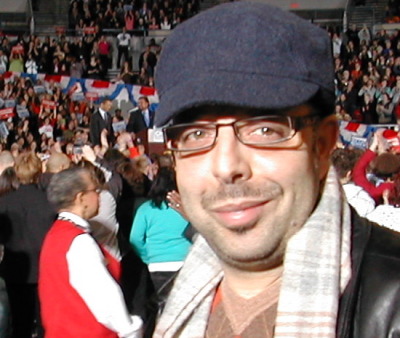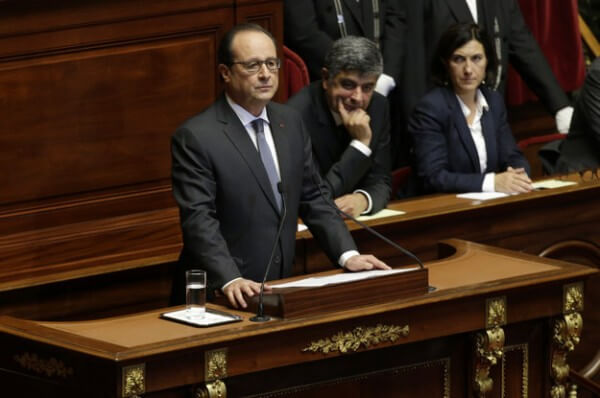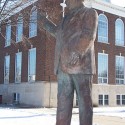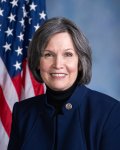By Abdennour Toumi

This law of exception was never repealed in spite of numerous criticisms leveled at its questionable constitutionality and its relevance to personal liberty.
A week after the murderous attacks, which resulted in 130 deaths and 352 wounded in Paris and Saint-Denis, President Hollande delivered a speech on November 16th before in joint session before Congress, a speech carefully couched in a politically-oriented tone, to address national security.
It was reminiscent of the one given by then-American President George W. Bush on September 20, 2001, before the American Congress, a week after the attacks of 9/11, which had cost the lives of more than 3,000 people in New York City, Pittsburgh and Arlington County, Va.
President Hollande’s speech was full of patriotic fervor much as that of George W. Bush in its description of the terrorist motives. “America is a land of freedom and the terrorists hate freedom, this is why they hate us,” Bush said. Like George W. Bush, President Hollande spoke implicitly, and some French politicians and intellectuals went on to quote Bush saying the Bataclan and Republic attacks were direct attacks on French art-de-vivre.

The same belligerent tone set the war mood in both senior statesmen’s speeches. In his speech of September 20th, Bush had used the word “war” fourteen times, and the phrase “we are at war on terror” had stood out. Fourteen years later, the same word was repeated thirteen times in the speech made by Hollande for whom “France is at war.”
Both speeches were accompanied by orders for retaliatory action. On September 20, 2001, then-President Bush announced he had authorized the mobilization of the armed forces, and on October 7th, less than a month after the attacks of 9/11, the U.S. and British forces hammered Afghanistan. President Hollande, on the eve of his speech, had already ordered his aviators to bombard “military camps” of ISO in e-Raqqa in northern Syria, and new raids took place on Monday, November 16th just hours after his speech before Congress.
Thus on the domestic level, the speech delivered by the French Commander-in-Chief marked a step-up in security, as that of President Bush in 2001. It is difficult to compare the proposals made in Hollande’s speech with the Patriot Act, a large-scale terrorist law, which underscored highly-valued American freedom and targeted the Muslim and Arab communities in the U.S. By its passage the law provided President Bush with a huge legislative arsenal to “fight terrorism.”
In speaking of the newly-created Department of Homeland Security, the largest in his cabinet, George W. Bush said, “We are going to strengthen our capacities for information to know the plans of the terrorists before they act, and finding them before they strike.”
President Hollande announced several measures to strengthen home land security including hiring more than 5,000 police officers and gendarme officers, while making a political nod to the right and the far-right regarding forfeiture of citizenship for French-born terrorists. The President was anxious to assure his attachment to the rule of law and the state of emergency voted by a large majority in the lower chamber and approved in the Senate.
From this point of view, the text of the law was criticized by the media because of its semi-control of liberty and impact on the private lives of the people. Further, Premier Valls stated, “no legalism, let us move forward,” and members of Parliament with few exceptions voted for the three-month extension of the state-of-emergency measure by 551 votes against six, with one abstention.
Th government is taking advantage of the national unity sentiment according to IFOP (Institut Français d’Opinion Publique) and Dimanche Ouest France by extending the state-of-emergency by three months. Ninety-one percent of persons asked, approve it; 94 percent are in favor of increased control at the borders, and 95 percent also approve the forfeiture of citizenship. Hence the Conseil d’Etat will verify the conformity of the measures regarding surveillance of registered individuals.
President Hollande also wants to amend the 1958 Constitution, in particular Articles 16 and 36, which define the conditions of full presidential powers and wants to add the state-of-emergency measure to that of state-of-siege. “I consider in good conscience that we have to develop our Constitution to allow the public authorities to act according to the rule of law against the war on terrorism,” he said.
The Patriot Act was established in the U.S. on October 26, 2001. All 132 pages strengthened in particular the power of national security agencies, allowing them to monitor 200,000 databases of individual users of telecommunications, a capability that had especially served in the “war” on drug trafficking. It was extended in 2005, then perpetuated in 2006.
This law of exception was never repealed in spite of numerous criticisms leveled at its questionable constitutionality and its relevance to personal liberty.
In the name of “national union,” the right and the far-right have already made a show of restraint regarding the political context. As a result, the left has become more radical and tougher than the right because of the French political agenda and crucial regional elections taking place next month.
Ironically, politics has its cruel side. Today President Hollande, a center-leftist, follows George W. Bush’s path, shaking his baton of war, wanting to eradicate terrorism. His Foreign Affairs Minister Laurent Fabius aligns himself systematically as a loyal soldier with his Commander-in-Chief on measures à la W. Bush who, in 2006 remarked of Sarkozy that France did not need a man, who would be the “caniche” of President George W. Bush.


- The Israeli-Palestinian Conflict: Is the Neither-Peace-nor-Security As-sumption Dominating Again? - June 7, 2021
- Algeria: “I Can See Clearly Now” - August 5, 2019
- Majesty Mohammed VI and General Gaïd Salah Tear Down This Wall! - July 29, 2019
























